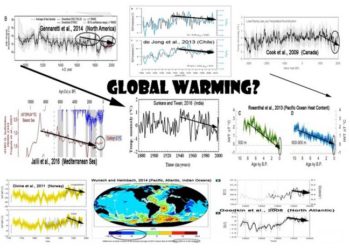
As attorneys defended the Obama administration’s Clean Power Plan in a federal appeals court Tuesday, two senators from coal-dependent West Virginia said it’s unlawful and will devastate communities.
Sen. Shelley Moore Capito called Obama’s signature environmental effort to lower greenhouse gas emissions by one-third before 2030 “vast” and an “overreach.”
Noting that Obama has continued trying to implement the plan despite two Senate resolutions condemning it, Capito, a Republican, told reporters at a press conference that Obama had done an “end-run” around Congress in setting emissions standards for states.
Sen. Joe Manchin, D-W.Va., also criticized Obama for going forward with the plan without approval from Congress, saying he would not have implemented policies during his time as the state’s governor without the consent of “the people’s representatives” in the Legislature.
Their comments came after more than eight hours of arguments before the U.S. Court of Appeals for the D.C. Circuit. The U.S. Supreme Court has put the plan on hold until challenges from 152 entities – including West Virginia, Texas and 25 other states – are heard.
Attorneys on Tuesday argued whether the U.S. Environmental Protection Agency has authority under the Clean Air Act to require the reduction in carbon emissions.
Eric Hostetler, representing the EPA, called the power policy a “reasonable” approach that “addresses the key environmental challenge of our time.”
The EPA should have discretion to carry out the Clean Air Act or to implement the “best system of emissions reduction,” he argued.
Saying that energy companies are diversifying into renewable sources, he said the Clean Power Plan is based on what many companies are already doing.
Eighteen states, environmental groups and some power companies have filed briefs saying the policy is within the EPA’s authority and would reduce harmful emissions.
West Virginia Solicitor General Elbert Lin argued that coal plants could not meet the low thresholds being set under the plan.
As a result, Peter Keisler, also representing those challenging the policy, argued that owners of those plants may have to invest or buy power from wind or other renewable energy sources to offset their emissions and comply with the plan’s limits.
That puts the EPA in the position of dictating the industry’s decisions over its investments, which Keisler said goes beyond what Congress’ mandate in giving the EPA power over reducing air pollution.
Ten justices who frequently interrupted the attorneys noted that Supreme Court decisions require close scrutiny of regulations that will have a major economic impact.
But some justices also noted that coal production is on the decline anyway.
Lawrence Tribe, also representing those challenging the plan, quipped that the court should send the issue back to Congress — except “for the problem that Congress can’t do anything.”
















